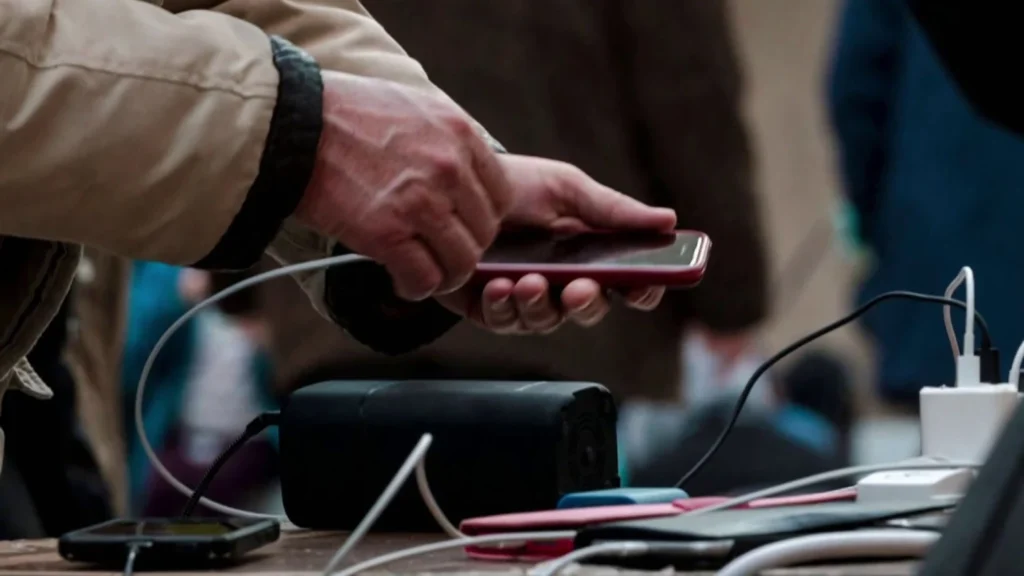Introduction
We all rely on our smartphones to stay connected, but what happens when your battery dies while you’re out and about? Many public places, such as airports, cafes, and hotels, offer public charging stations as a convenient solution. However, the FBI has issued a warning to consumers about the potential risks associated with using these stations. In this article, we’ll explore why the FBI is warning consumers not to use public phone charging stations, what risks are involved, and how to protect your personal data.
Why is the FBI Warning Consumers?
The FBI is warning consumers about the potential dangers of using public phone charging stations because of the risk of “juice jacking.” Juice jacking occurs when a hacker installs malware on a public charging station or uses a USB cable to steal data from your smartphone while it’s charging. This can include personal information, such as passwords, credit card numbers, and other sensitive data.
What are the Risks?
Using a public phone charging station can put your personal data at risk in several ways. Here are some of the potential dangers:
- Malware installation: A hacker can install malware on a public charging station that can infect your smartphone when you connect it to the USB cable. This malware can steal your personal information or even take control of your device.
- Data theft: A hacker can use a USB cable to steal data from your smartphone while it’s charging. This can include passwords, credit card numbers, and other sensitive information.
- Charging port damage: Public charging stations may not be designed to handle the voltage and amperage required for all smartphones. This can damage your charging port, causing your phone to malfunction or even become unusable.
How to Protect Your Personal Data
While it’s important to be cautious when using public phone charging stations, there are steps you can take to protect your personal data. Here are some tips:

- Bring your own charging cable: Instead of using the USB cable provided by the charging station, bring your own charging cable. This can reduce the risk of malware installation and data theft.
- Use a portable battery pack: Consider using a portable battery pack to charge your smartphone instead of a public charging station. This eliminates the risk of juice jacking and charging port damage.
- Use a data blocker: A data blocker is a small device that plugs into the USB port of a charging cable and prevents data transfer. This can protect your personal information from being stolen while your phone is charging.
- Avoid public charging stations: If possible, avoid using public phone charging stations altogether. Instead, charge your phone at home or in a private location where you have control over the charging process.
FAQs
Is it safe to use a public phone charging station?
No, using a public phone charging station can put your personal data at risk of juice jacking and other cyber attacks. It’s important to take steps to protect your personal information, such as bringing your own charging cable or using a portable battery pack.
Can a hacker steal my data from my smartphone while it’s charging?
Yes, a hacker can use a USB cable to steal data from your smartphone while it’s charging at a public charging station. This can include personal information, such as passwords and credit card numbers.
What is a data blocker?
A data blocker is a small device that plugs into the USB port of a charging cable and prevents data transfer. This can protect your personal information from being stolen while your phone is charging.
Conclusion
The convenience of public phone charging stations comes with significant risks. The FBI warns consumers not to use public phone charging stations to protect their personal data from juice jacking and other cyber attacks. While it’s not always possible to avoid using public charging stations, there are steps you can take to reduce the risk of data theft and malware installation. Bringing your own charging cable, using a portable battery pack, or using a data blocker can help protect your personal information. By taking these precautions, you can stay connected without putting your personal data at risk.
